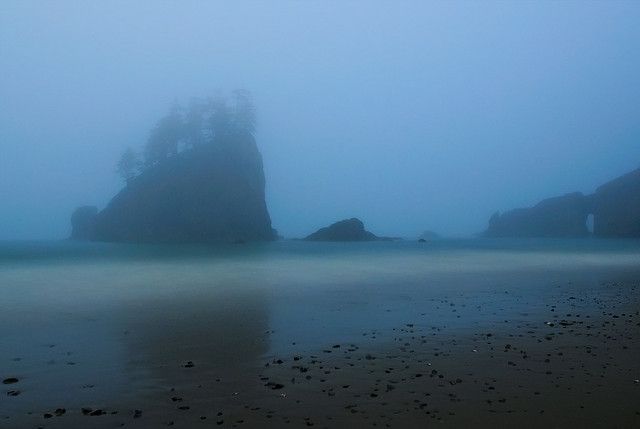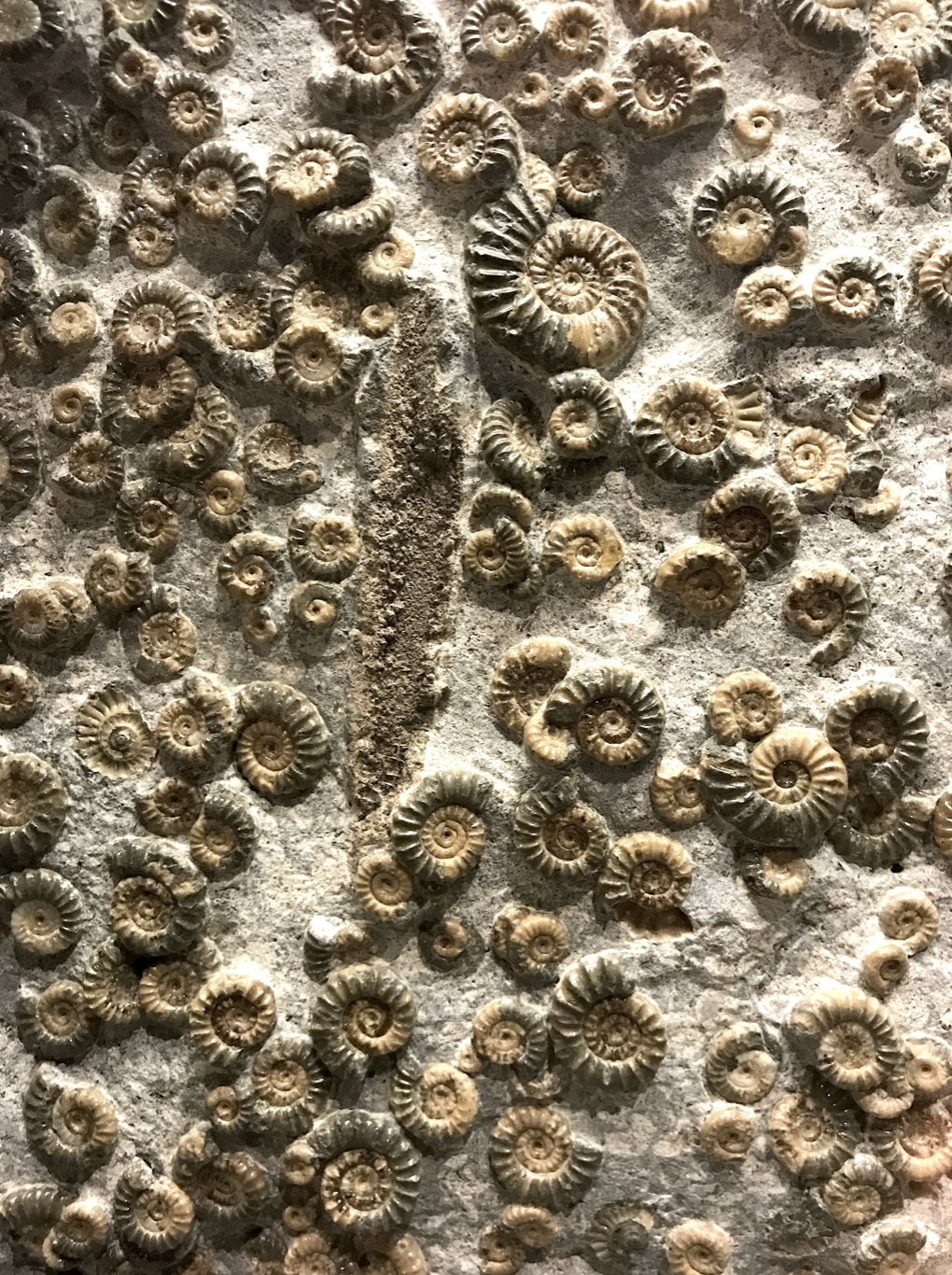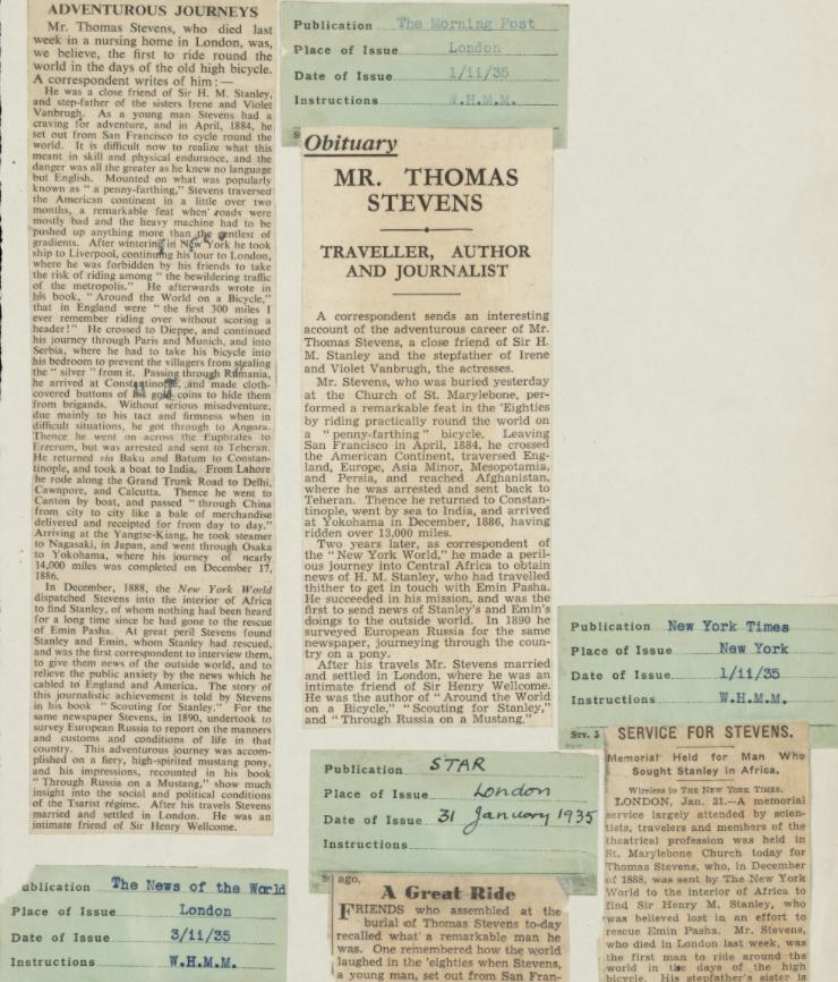Tonight I am thinking about the endless sticky heat of Chicago summers. The best part of the day, back then, was the moment it finally relented, and you could breathe again. Late in the day at some backyard barbeque, the sun would finally dip below the neighbor’s roofline, and everyone relaxed. The basketball game found new life in the shade, the ball bouncing and thudding off the rim on the garage. The last swimmers flopped into the pool, horseshoes clanged in the sand pit, the coals in the grill glowed seething red. Everything of the slow-burn afternoon dimmed and faded — except the basketball that kept skipping and swishing and singing.
And something else happened too:
The yard lit up.
Flicks of bright neon green appeared for a few seconds above the pool. They drifted in the oak trees. They landed on pop cans. Tiny bellies lit up and glowed around the yard, slow-drifting radiant insects. We caught them and held them in our palms.
…
There are no fireflies here in the Pacific North Wet. Tonight there is hardly any light at all in this gray-green soggy corner of creation. Despite living here for several years now, despite having walked beneath a thousand rain clouds, I still haven’t learned to wear the right effing shoes. So tonight I’m trudging in soggy sneakers on a wet beach. I might as well thrash in the surf for all the good they do me, sand working its way into my socks, water pooling at my toes.
Even though it’s August, there is no summer warmth on this sodden beach. The sun here lacks the fortitude to send heat through the fog. Instead we’ve got the eleventy-billionth consecutive day of drizzle falling on the sea, falling on the forest, falling on this small island we chose for our vacation. My companions are silenced in their tents in the forest, behind a wall of wet branches. Whorls and swirls of mist slide across the beach, proof the great mysterious Creator has never ceased inventing new kinds of wet.
We could have vacationed back in the land of sunshine and backyard swimming pools. We could have lounged with our families on a warm Lake Michigan beach. But no, we ventured further into the fringe of the continent, deeper into this drippy murky climate, for three days of camping in the rain.
As I trudge along, the fog transforms the forest from a fixed place into a catlike shadow. Everything slides and swirls. Salty waves lap and retreat. Even the rain-pocked beach appears and disappears under the drift of mist. I begin to wonder where it’s safe to stand, where solid earth lies.
I wonder if my family back in the Midwest will ever understand why we moved out to this chilly hinterland. I wonder if our new friends in the tents are ever going to feel like family. I wonder if my feeble writing on behalf of this great wounded planet is ever going to make a damn bit of difference. I wonder about my wife, who grew up in many places, and finds home here as much as anywhere. Will she ever understand the claim that Midwestern summers hold on me? I wonder if she’s any less confused, reading in the tent while I shuffle in the rain.
I pick up a stone, water-smooth and reassuringly heavy. I fling it toward the sea, sending it arcing from behind my imaginary three-point line.
The stone falls into the water — and then something happens:
The sea lights up.
I do not mean this metaphorically. I mean the water turns electric yellow for a moment. The rock’s splash creates a flash of light in the water. Neon circles ripple outward, fading as the water settles. I throw another stone: more eerie circles. Each splash disturbs invisible microorganisms swimming in the murk. Disrupted, they set themselves aglow.
These invisible creatures, I learn, are dinoflagellates, named for the whip-like tails they use to propel themselves. No one knows why they are bioluminescent — why they create their own light. Approaching predators set them aglow, so the light may serve to attract larger predators — the enemies of their enemies. The light may signal their distastefulness or poisonousness. It may attract prey. Or it may form a language — songs and prayers and complaints and commerce and flirtation and praise for the wet world.
Beats me. I watch these microscopic creatures shine for a moment and fade, my mind growing still as they disappear. Then I reach for every stone and pebble I can find. I heave great handfuls into the darkness, watching them splash in a great tiny chaos of light. The sound on the Sound attracts my companions from their tents. From this point I’m not alone. We splash up all the brightness we can manage, an even larger chaos of light in the water.
I still don’t know where I’m supposed to live. I still expend too much energy thinking about the past. I am trying to trust that flashes of light might appear anywhere. I am trying to learn to stop worrying and keep my eyes open. If light doesn’t appear on the backs of insects, it will arise from the unimaginably simple bodies of single-celled creatures. Propelled by their long tails, they thrash through the surf, oblivious to the worries of ponderous multi-celled organisms on the beach.
I take comfort in that.




